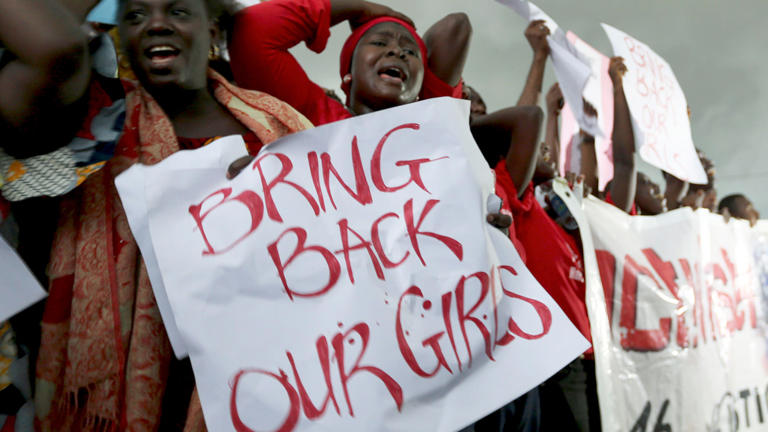Yama Bullum, a father from the Nigerian town of Chibok, is experiencing a renewed sense of loss a decade after his daughter was abducted by Boko Haram militants. His daughter, Jinkai Yama, was one of the 276 girls kidnapped from their school on April 14, 2014.
While 57 girls managed to escape shortly after the abduction, and 108 were rescued or released between 2016 and 2018, 91 girls, including Ms. Yama, remained missing. However, over the past two years, 20 of the “Chibok girls” have been rescued from Boko Haram hideouts in Sambisa Forest, the stronghold of the insurgency.
Despite their rescue, Mr. Bullum was shocked to learn that his daughter, along with other freed women, had chosen to remain married to their former captors. These couples now reside in Maiduguri, the capital of Borno State, with housing provided by the state governor.
Expressing his dissatisfaction, Mr. Bullum criticized Governor Babagana Umaru Zulum for facilitating the marriages and accused him of disregarding the trauma endured by the rescued women and their families.
